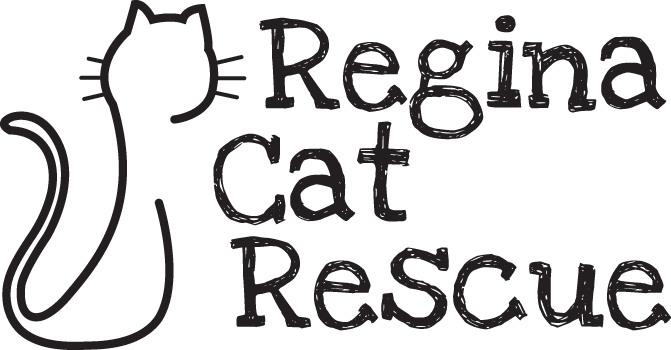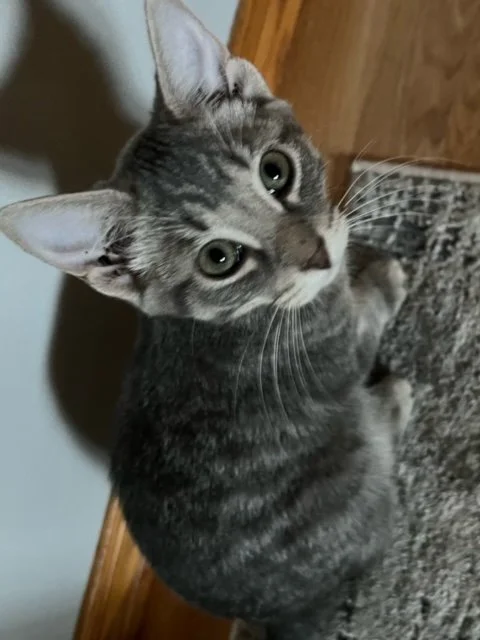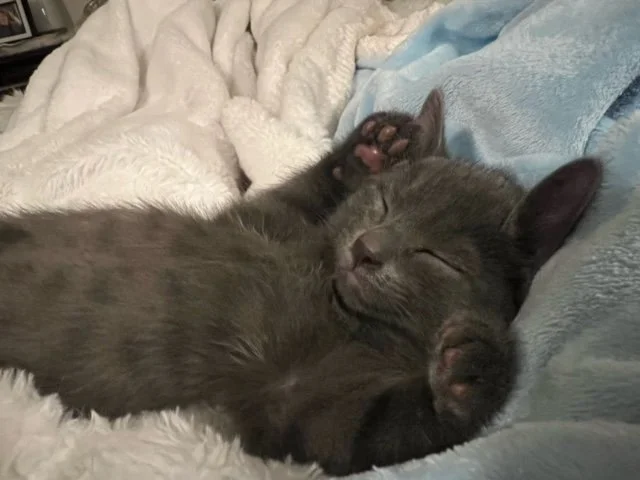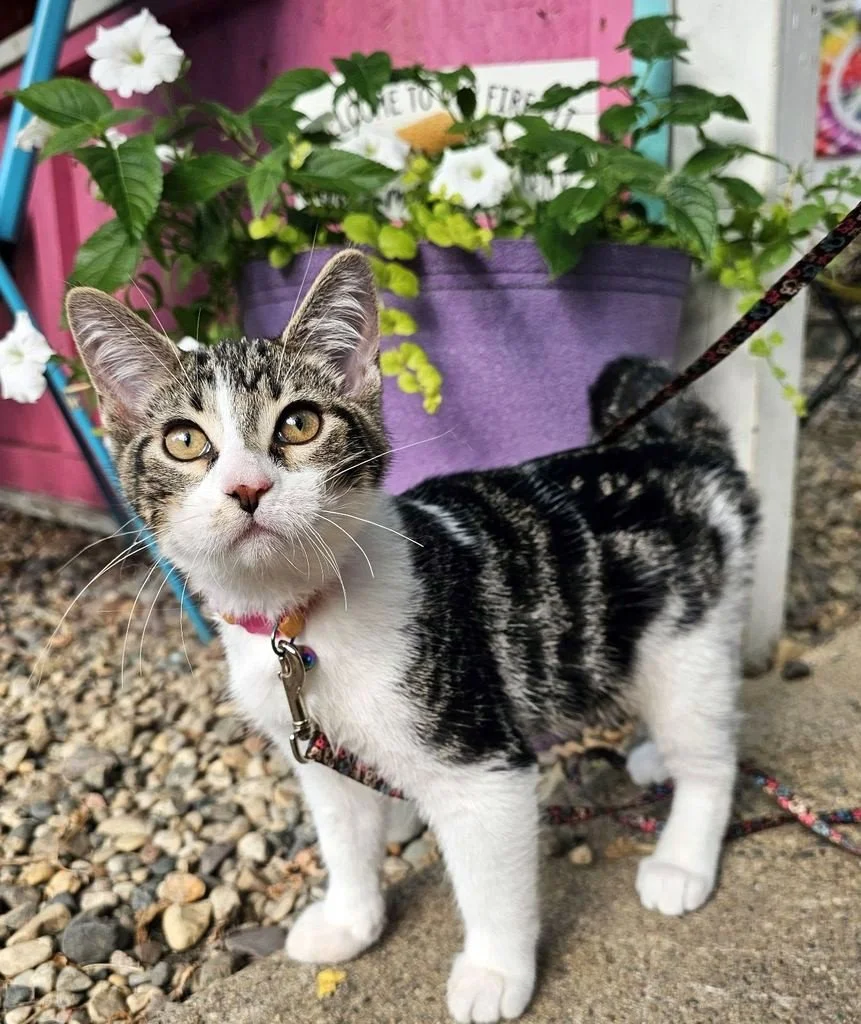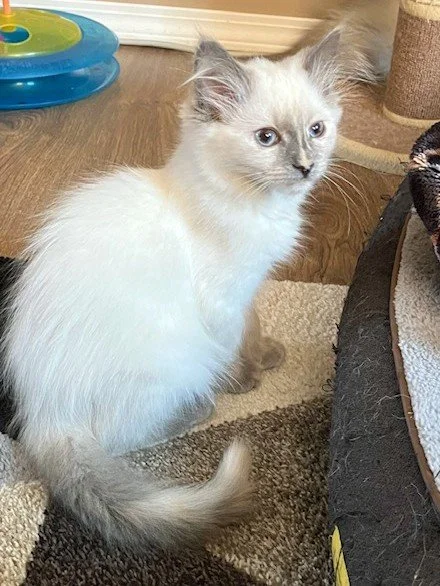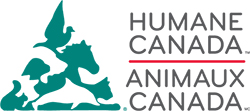PFA E-Bulletin, Volume 23 (April 2013)
/PFA TO BE AT REGINA’S FIRST GEEK SUMMIT!
The Regina Public Library is hosting the first Regina Geek Summit for organizations actively involved in geek (i.e., non-traditional) cultural activities in our community. The summit will take place between 10 a.m. and 4 p.m. on Saturday, April 27 at the George Bothwell Branch, Southland Mall. Admission is free. You can learn about local groups and activities, and how to get involved . People for Animals will be at the event with volunteers available to answer questions and provide uou with information about how you can support PFA.
CALL FOR INTEREST – CO-CHAIR, FUNDRAISING AND MEMBERSHIP
PFA is seeking a co-chair for our Fundraising and Membership Committee. Ideal candidates should be enthusiastic about co-ordinating fundraising and membership efforts for the organization. Even if you don’t consider yourself a superstar fundraiser, the knowledge and practice you’ll gain in this role will convince you otherwise. Review the volunteer profile and email us at pfasask@gmail.com. http://www.pfasask.com/2012/06/officer-fundraising.html
GO RIDERS GO!
Only two more months until CFL season kicks off! PFA is looking for volunteers to work the Western Pizza booth at Mosaic Stadium on game days throughout the Saskatchewan Roughriders season. It’s a great way to give back to the community while being a part of the action on game day! Check out the Rider schedule for home games and email us at pfasask@gmail.com to let us know which days interest you.
ANOTHER SUCCESSFUL AGM FOR THE BOOKS!
Thanks to PFA members who attended our Annual General Meeting on April 13. We had a great turnout, generating a lot of positive ideas and discussion. The support and input we receive from members allows us to run our day-to-day operations, while strategically planning for the organization’s future. Members of the 2013-14 PFA Board of Directors are President – Silver Cherry, Vice-President – Sabrina Cataldo, Treasurer – Susan Henrikson, Director, Communications and Education – Kim Belhumeur, and Secretary – Anita Klassen. It’s not too late to buy your 2013 PFA membership -- http://www.pfasask.com/2012/03/join-or-renew.html. Thanks to Mila’s Home Cooked Catering for providing us with sustenance to keep us going for two hours of discussion. PFA looks forward to a fall fundraiser with Mila’s Home Cooked Catering just in time for Thanksgiving.
WANTED – PET RESCUE TEAM VOLUNTEERS
PFA’s Pet Rescue Team is looking for volunteers to fill the roles of Foster Home Liaison, and Pet Rescue Events Coordinator. The Pet Rescue Team works in concert with the Feral Cat Team to oversee the intake and adoptions of stray cats. The team is also responsible for overseeing the operation of PFA foster homes. Check out the volunteer job descriptions and email us at pfasask@gmail.com if you’d like to get involved with PFA’s Pet Rescue Team. http://www.pfasask.com/2012/06/volunteer-job-descriptions.html
BOCADOS FUNDRAISER -- 50/50 PRIZE STILL UNCLAIMED
The 50/50 prize from our fundraiser at Bocados on March 27 is still unclaimed. The prize is $347.50 – check your tickets! The winning ticket number is #371006. If you have this ticket, email us at pfasask@gmail.com. We’ll hold the prize until May 7, 2013. After this date, the money will be deposited into PFA’s bank account to be used for sterilizations.
KITTEN SEASON IS HERE – FOSTER HOMES NEEDED
In spite of the cool spring weather, kitten season is in full swing with a significant number of kittens already in PFA’s care. Fortunately, our feral feeders have keen eyes and spotted these kittens before they’re old enough to breed (usually around the five-month mark). Kittens can be rescued, socialized and adopted into loving homes – but we need foster homes to accomplish this. If you have room in your heart and home to foster a cat or kitten, check out the foster home responsibilities and email us at pfasask@gmail.com. All veterinary care and cat food are provided by PFA.
PFA’S TRAP-NEUTER-RELEASE PROGRAM
Spring is a busy time for PFA volunteers. There are many litters of kittens born to stray and feral cats that need to be rescued, sterilized and fostered. As well, adult strays and ferals need to be trapped and sterilized to stop them from breeding. We strongly support the practice of trap-neuter-release (TNR) as an effective method to manage and reduce the feral cat population in Regina. A successful TNR program will result in feral cat populations stabilizing and decreasing over time. Be on the lookout for PFA volunteers setting up traps around Regina. For more information on PFA’s TNR program or to find out how you can get involved, email us at pfasask@gmail.com.
